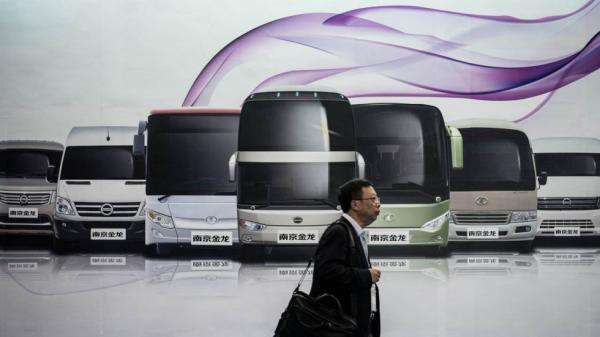Korean battery giants Samsung SDI and LG Chem saw shares slump by 10% and 7.1% respectively on news that Beijing will remove subsidies for nickel manganese cobalt (NMC) batteries for electric buses.
“There has not been enough safety verification or product development for new energy electric passenger vehicles,” said China’s Ministry of Equipment Industry Secretary Zhang Xiangmu, who added China had begun research into the chemistry late and could ‘not be sure’ about NMC batteries.
The decision has surprised some.
“Nickel-manganese-cobalt is the lithium-ion chemistry that holds the most promise for EVs,” wrote Mark Newman, of US research and brokerage firm Sanford C. Bernstein.
“With far superior energy density compared to the Chinese alternative, lithium-iron-phosphate, NCM holds the key to better range, performance and also lower costs in the long run.
“Furthermore, even the Chinese Engineering Association believes that NCM is the superior battery chemistry.”
Nomura Securities estimated that Samsung SDI could lose 30% of its sales if supply to China’s EV buses was suspended, with LG Chem standing to lose 19% of battery revenue.
The decision is certain to help domestic battery makers such as BYD, who largely supply lithium-ferro-phosphate (LFP) batteries to electric bus manufacturers.
However, in a statement on January 23, Chinese Minister of Finance Lou Jiwei said that subsidies for electric vehicles would be abolished entirely by 2021, beginning in 2017-2019 with a 20% cut, followed by 40% in 2019 and 2020.
* South Korea has also pleaded with the Chinese government to delay plans to bring in tougher safety rules on lithium-ion batteries. The new rules, to be enforced next week, state that lithium-ion imports will be scrutinised more closely before being given a product quality certification.












